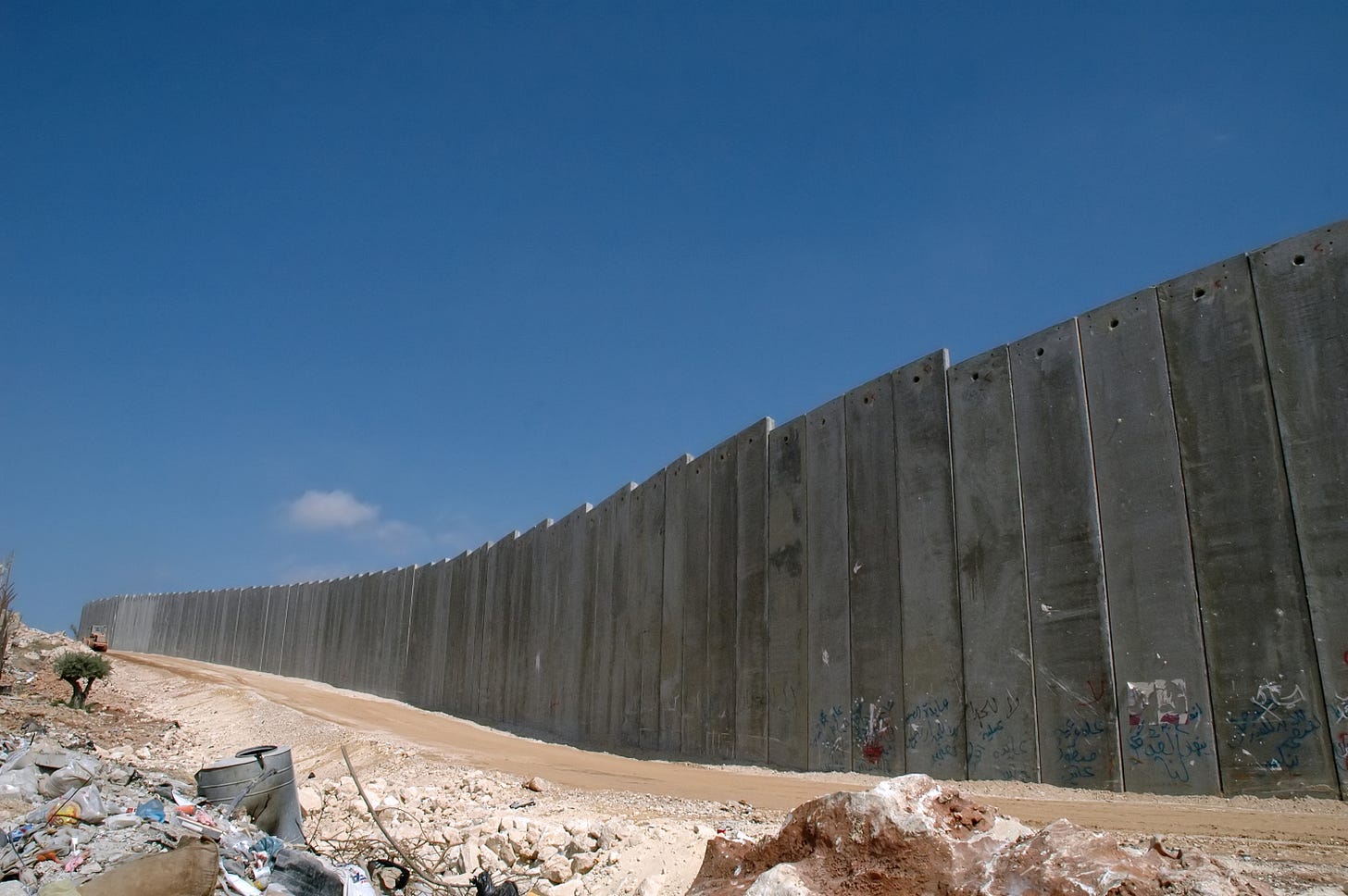IMEC is back – and the EU needs to make sure that peace isn’t bypassed
IMEC has surged back onto the EU’s Global Gateway and Mediterranean agendas. Yet this revival still bypasses questions over peace and justice, exposing the EU’s unresolved stance on Gaza.
Among Brussels crowds, the India-Middle East-Europe Economic Corridor – or IMEC – used to be little more than another niche acronym. Perhaps with good reason, as the project’s debut Memorandum of Understanding, signed at the September 2023 G20 Summit in New Delhi, was quickly overshadowed by the dramatic unravelling of the Middle East peace process. What kind of connectivity can a corridor offer when its central section is fractured? Disconnected from any durable peace process, IMEC’s initial plans were losing traction.
Fast forward to October 2025: from the European Commission’s Global Gateway Forum (GGF) to Italy’s Dialoghi Mediterranei, IMEC has now moved to the centre of diplomatic conversations. It’s even earned a (timid) mention in the new Pact for the Mediterranean. This remarkable comeback has been several months in the making, picking up pace since the IMEC sherpas’ first virtual meeting in May, hosted by France, as Paris and New Delhi (or Mumbai and Marseille) have been further deepening their bilateral relations.
So far, this new momentum hasn’t been linked to any progress in peace negotiations, nor to IMEC’s potential integration into the peacebuilding dimension. That’s even though IMEC’s leading diplomatic voices have expressed their support for projects like the IMEC Peace Triangle, designed by EcoPeace Middle East.
Now, what’s been driving IMEC forward is the sheer amount of planning work ahead. IMEC’s governance framework, finalised during the 8 October IMEC Steering Committee meeting, reflects this. Beyond the Ministerial and Sherpa/Envoy levels, five sectoral working groups have been established: on transport, energy, digital/data, finance and feasibility studies. In the words of EcoPeace Middle East’s Gidon Bromberg at our same-day CEPS event: could there perhaps be room for ‘a working group that’s committed to peacemaking’?
While IMEC’s European signatories (Italy, France, Germany and the EU) build on the economic and connectivity opportunities by their growing partnership ties with India and the Gulf countries, the question of Palestine remains (in)conveniently circumvented. And even though Israel’s port at Haifa appears on all IMEC maps thus far, it’s good to remember that Israel and Palestine are not MoU signatories – and neither is Jordan.
Where does the EU stand in all this? Within the Global Gateway framework, the European Commission is supporting IMEC as a connectivity project, acknowledging the role that infrastructure could play in Gaza’s reconstruction and wider regional stability. This is a test for the Global Gateway’s announced adaptation to fragile and conflict-affected contexts. Meanwhile, the Council of the EU’s early endorsement of Trump’s ‘Comprehensive Plan to end the Gaza Conflict’ does little to erase the EU’s political and moral paralysis over the past two years.
In the ‘Common Mediterranean Space’ imagined in the Pact, can the EU afford to remain a bystander when it comes to peace and justice? If Team Europe wants to reap IMEC’s connectivity benefits, its highest priority should be addressing and advocating for the needs of its closest eastern Mediterranean neighbours.
This CEPS Substack post follows a public event hosted by CEPS on 8 October 2025 in cooperation with EcoPeace Middle East
To read an IMEC-themed foresight paper co-authored by Fanny Sauvignon in September 2024, please click here.
Fanny Sauvignon, Researcher in the Foreign Policy unit

